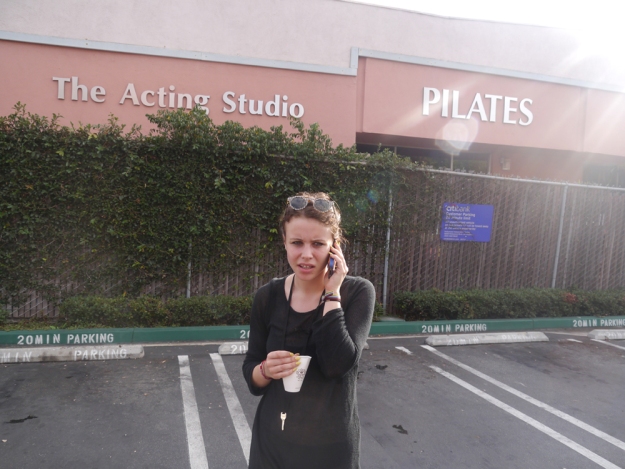Category Archives: STUDIES
STUDY 33 / LOS ANGELES
STUDY 32 / THE END OF THE EXPERT
STUDY 31 / THE REMIX
STUDY 30 / GROWING UP
In an increasingly complex and unstable world, it may be adaptive to put off maturity as long as possible.
SPOILED ROTTEN
by Elizabeth Kolbert
STUDY 29 / WHITEOUT
Whiteout is a weather condition in which visibility and contrast are severely reduced by snow or sand. The horizon disappears completely and there are no reference points at all, leaving the individual with a distorted orientation. Whiteout has been defined as: A condition of diffuse light when no shadows are cast, due to a continuous white cloud layer appearing to merge with the white snow surface. No surface irregularities of the snow are visible, but a dark object may be clearly seen. There is no visible horizon.
STUDY 28 / BORROWED INTEREST
CONFOUNDING BORROWED INTEREST
Borrowed interest, the intentional association of an unrelated theme or image with the product, service or subject being presented, to attract attention otherwise not anticipated. Also, sometimes a subtle way of gaining an implied endorsement.
Borrowed interest? What? I’m not sure this term is even invoked anymore as a criticism of an ad. I’ve always been a little unclear on this reason for criticizing an ad because most ads used borrowed interest to some degree. I’ve always wondered how much borrowed interest is okay, especially in this era where simply catching a consumer’s attention is paramount and communicating a benefit is often secondary. And how do we differentiate between “inherent interest” and borrowed interest? I would grant that featuring a picture of a bikini-clad babe in an ad for fertilizer or transmissions qualifies as unabashed borrowed interest, and might not be as persuasive as it is attention-getting. But what about, for example, all the ads that use a metaphor to express the benefit of their product? While the benefit itself, would be considered to be of “inherent interest,” doesn’t any metaphor, by its nature, borrow interest? And if so, are we to reject this approach on that basis? Anytime we see a baby or a puppy featured in an ad for something other than a baby or pet product, that’s borrowed interest, yet no one seems to mind that. Celebrities, even if they really use the product or service they endorse, still provide borrowed interest. That’s why they get paid so much. Music provides borrowed interest for anything other than any audio-based product, yes? Anybody out there prepared to defend borrowed interest as a basis for criticizing ads? And if so, please bring some clarity to the concept. Because I don’t get it. – Jim Morris
STUDY 27 / THE EMPTY BOAT
THE EMPTY BOAT
He who rules men lives in confusion;
He who is ruled by men lives in sorrow.
Yao therefore desired
Neither to influence others
Nor to be influenced by them.
The way to get clear of confusion
And free of sorrow
Is to live with Tao
In the land of the great Void.
If a man is crossing a river
And an empty boat collides with his own skiff,
Even though he be a bad-tempered man
He will not become very angry.
But if he sees a man in the boat,
He will shout at him to steer clear.
If the shout is not heard, he will shout again,
And yet again, and begin cursing.
And all because there is somebody in the boat.
Yet if the boat were empty.
He would not be shouting, and not angry.
If you can empty your own boat
Crossing the river of the world,
No one will oppose you,
No one will seek to harm you.
The straight tree is the first to be cut down,
The spring of clear water is the first to be drained dry.
If you wish to improve your wisdom
And shame the ignorant,
To cultivate your character
And outshine others;
A light will shine around you
As if you had swallowed the sun and the moon:
You will not avoid calamity.
A wise man has said:
“He who is content with himself
Has done a worthless work.
Achievement is the beginning of failure.
Fame is beginning of disgrace.”
Who can free himself from achievement
And from fame, descend and be lost
Amid the masses of men?
He will flow like Tao, unseen,
He will go about like Life itself
With no name and no home.
Simple is he, without distinction.
To all appearances he is a fool.
His steps leave no trace. He has no power.
He achieves nothing, has no reputation.
Since he judges no one
No one judges him.
Such is the perfect man:
His boat is empty.
– Chuang Tzu –
STUDY 26 / NUCLEAR WAR

